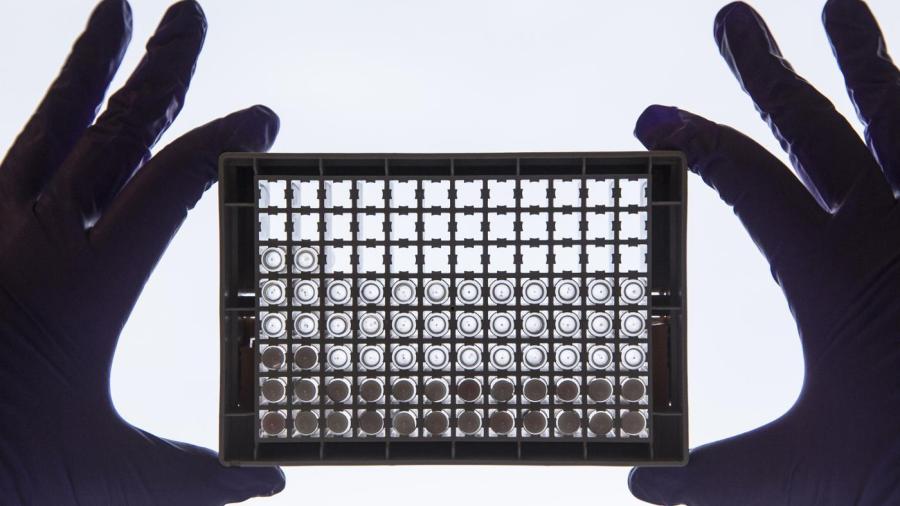What Are the Three Parts of the Cell Theory?

The three fundamental propositions of classical cell theory are that the cell is the most basic unit of life, all life is made up of cells and cells are formed only by other cells. Each tenet of this theory is important to understanding the way living things function on every level.
The first proposition, that the cell is the most basic component of living things, can be observed directly. Single-celled organisms are well known and may comprise the bulk of Earth’s living biomass. Any unit, such as a tissue, that can be broken down still further cannot be regarded as basic. Units more simple than a cell, however, cannot truly be said to be alive. A cell’s organelles, for example, function only in the context of their cellular environment.
From this it follows that all life must be made up of cells. Cells build tissues, tissues make organs, organs are organized into systems and these systems make up the bodies of organisms. Across the domains of life, whether eukaryotic or prokaryotic, all living things can be described in terms of their cells.
Finally, the cell theory posits that the origin of a living cell must be a result of the action of another living cell. Cells do not spontaneously form, and they are too complicated to self-assemble.





